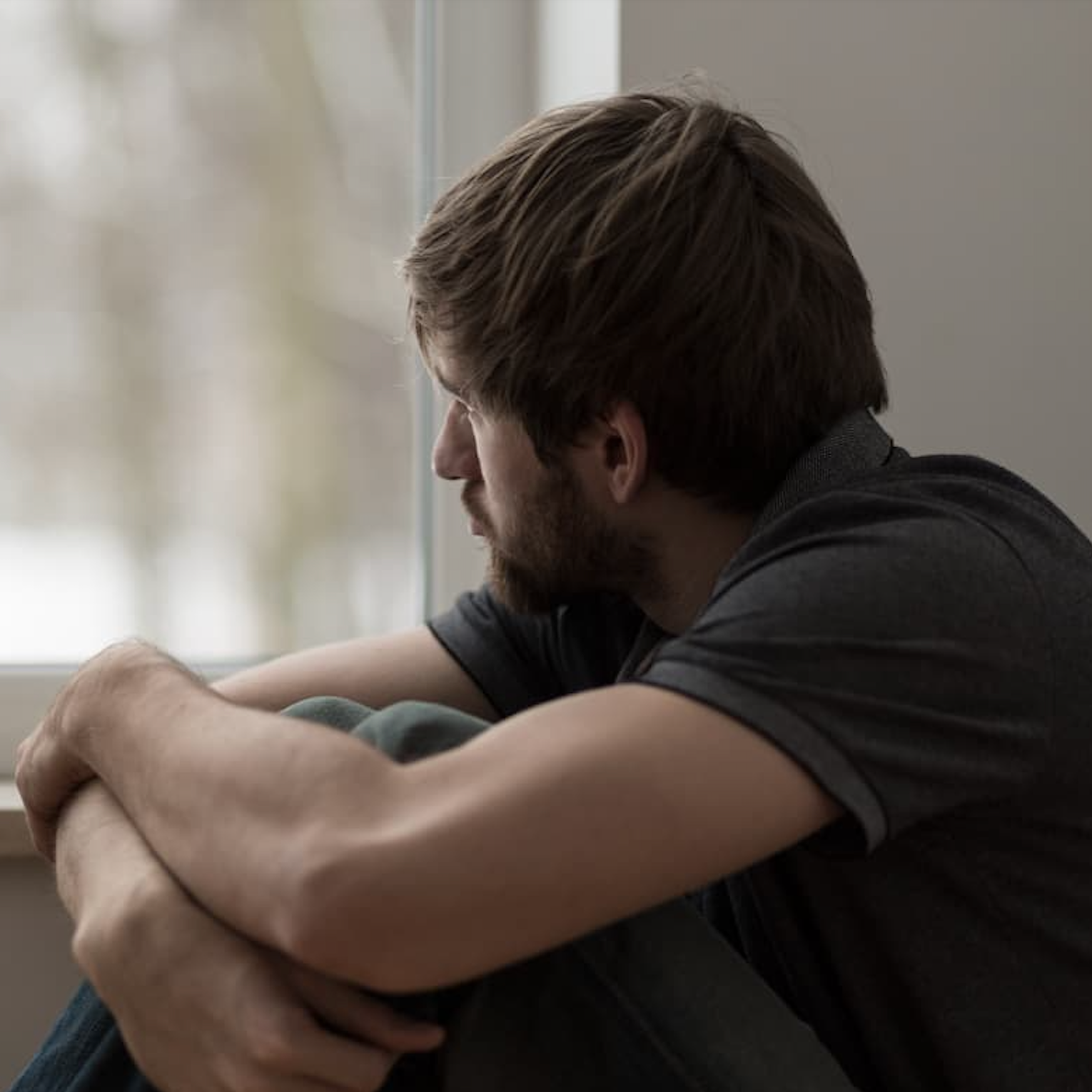New Global Study Links Eczema to Higher Risk of Suicidal Thoughts
The “Scars of Life” study highlights how stigma, severe symptoms and sleep problems make eczema a whole-body, whole-mind condition.
By
Lana Pine
| Published on September 30, 2025
4 min read
Credit: Adobe Stock/Photographee.eu

Atopic eczema (also known as atopic dermatitis) is often thought of as a skin condition — but for many people, its effects go far deeper than the surface. A new global study has revealed a troubling connection between eczema and mental health, showing that people with the condition are more likely to experience suicidal thoughts than those without it.
“The results highlight that the effects of atopic eczema are more than skin deep, with suicidal thoughts representing a serious and frequent concern that is often overlooked by health care professionals,” said investigator Delphine Kerob, a consultant dermatologist at Saint Louis hospital in Paris and the scientific director of La Roche-Posay Laboratoire Dermatologique, in a statement.
The research, called the “Scars of Life” study, included more than 30,000 adults across 27 countries. About half of the participants had physician-diagnosed atopic eczema. The study, presented at the European Academy of Dermatology and Venereology Congress in September 2025, shines a light on the serious emotional and psychological challenges that often come with eczema.
What the Study Found
Among adults with eczema, 13.2% reported having suicidal thoughts, compared with 8.5% of adults without eczema. The increased risk was present no matter when the eczema began — whether in childhood, adolescence or adulthood.
Several factors increased the likelihood of suicidal thoughts in people with eczema:
- Younger age: Adults under 30 were more likely to report suicidal thoughts.
- Male sex: Men were slightly more at risk than women.
- Obesity: People with obesity and eczema had a higher likelihood of reporting suicidal thoughts.
- Moderate to severe eczema: More severe symptoms doubled the risk.
- Skin pain, itching and sleep problems: These symptoms, especially mixed insomnia (trouble falling and staying asleep), were closely tied to suicidal thoughts.
- Stigma: Feeling judged or blamed because of visible skin symptoms added to emotional distress.
Why This Matters
Eczema is more than “just a rash.” Chronic symptoms like severe itching, pain and drainage can affect daily life — everything from sleep and work to clothing choices and relationships. On top of that, patients often face stigma and misunderstanding. Some people may feel blamed for their condition or falsely told it’s caused by poor hygiene.
This ongoing burden increases the risk of mental health struggles, including depression, anxiety and suicidal thoughts. The study shows just how important it is for both patients and health care providers to recognize eczema’s impact on mental well-being — not just skin health.
The Takeaway
The “Scars of Life” study is the largest of its kind and confirms what many patients already know: Living with eczema is hard — physically, emotionally and socially. But by raising awareness and addressing both skin and mental health, patients can get the support they deserve.
“By identifying the main risk factors behind suicidal ideation in this population, we hope this study will help health care professionals better recognize and address these challenges, supporting patients’ overall well-being more effectively,” Kerob concluded. “Looking ahead, we are investigating why suicidal ideation occurs at different rates across countries, which may reflect important cultural differences. At the same time, ongoing analyses from the ‘Scars of Life’ study are enhancing our understanding of what happens beneath the surface in patients with atopic eczema.”

